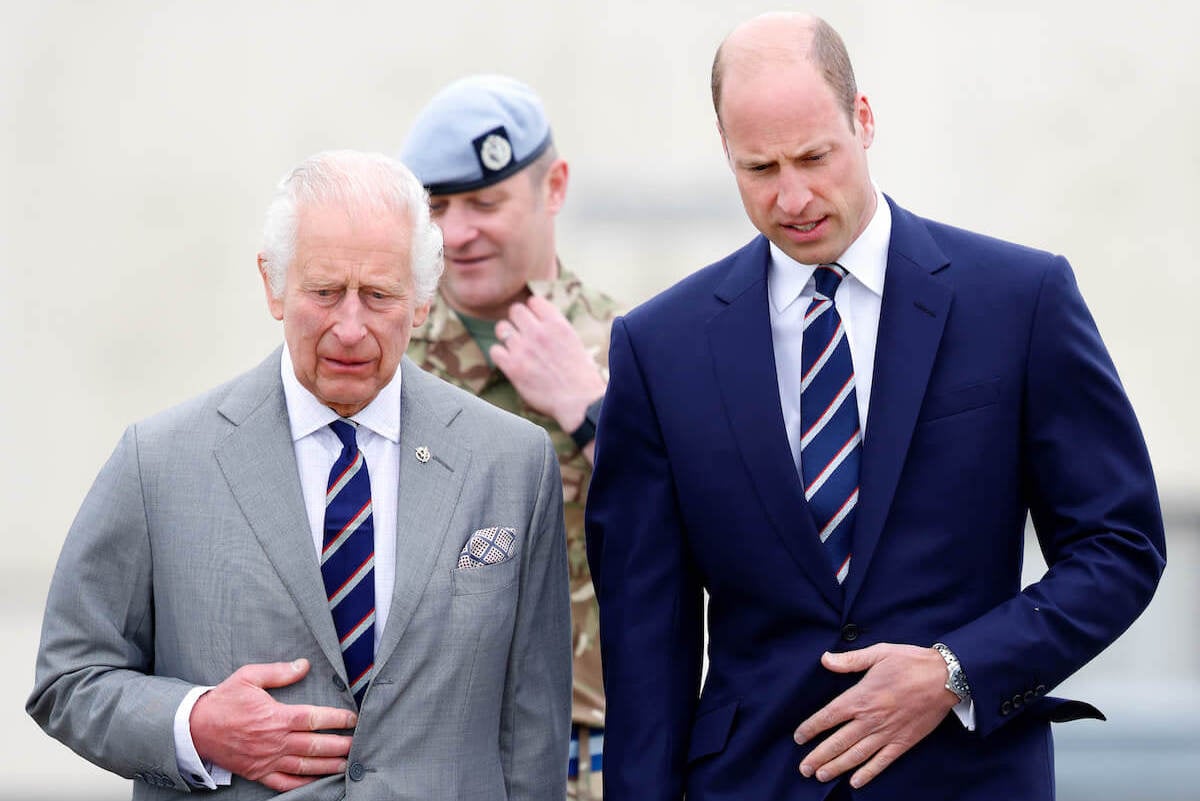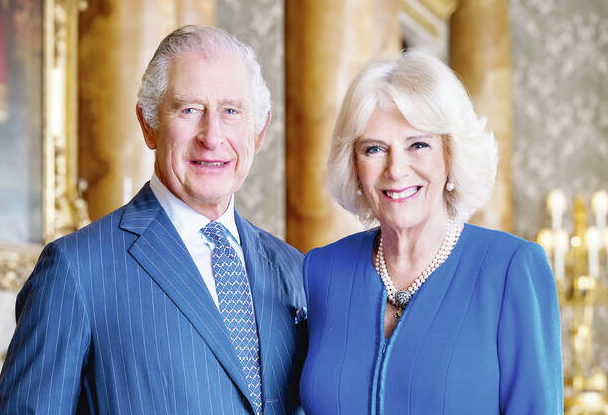Following the announcement earlier this year that King Charles III has been diagnosed with cancer, questions have emerged about the monarch’s current health and the contingency plans the British royal family has in place for the future. While the palace continues to provide limited public updates, it is important to rely on verified sources and official statements when discussing topics as sensitive as royal health and funeral planning.
At the time of this writing, there is no official confirmation from Buckingham Palace that King Charles is in critical condition or that any funeral preparations are actively underway beyond what is standard for high-ranking members of the royal family.
King Charles III’s Cancer Diagnosis: What We Know
In February 2024, Buckingham Palace confirmed that King Charles III, aged 75, had been diagnosed with a form of cancer. The condition was discovered during treatment for an unrelated benign enlarged prostate condition. While the specific type of cancer has not been disclosed, the monarch began outpatient treatment shortly after the diagnosis.
A palace statement noted that King Charles would temporarily reduce his public-facing duties during treatment, though he would continue to manage constitutional responsibilities, such as reviewing official paperwork and attending select meetings.
“His Majesty has chosen to share his diagnosis to prevent speculation and in the hope it may assist public understanding for all those around the world who are affected by cancer.”
Understanding Royal Protocol: What Is Operation Menai Bridge?
While it may sound dramatic, it is standard procedure for the British government and the royal household to maintain carefully crafted plans for the eventual passing of a monarch. For King Charles III, this protocol is reportedly referred to as “Operation Menai Bridge.”
This is comparable to “Operation London Bridge”, the codename for Queen Elizabeth II’s funeral plan, which was activated upon her death in September 2022. Operation Menai Bridge is essentially a set of guidelines and logistical steps that will be taken upon King Charles’s passing—including national mourning periods, funeral arrangements, succession protocols, and ceremonial observances.
It is important to note that these plans are not an indication of imminent death, but are instead a part of routine royal contingency planning—similar to the way governments and institutions prepare emergency response plans in advance.

Prince William’s Role as King Charles Focuses on Recovery
In the wake of King Charles’s health disclosure, Prince William, Prince of Wales, has taken on additional public responsibilities. This includes attending royal engagements and representing the Crown at various functions. The move mirrors past protocol when senior royals temporarily supported Queen Elizabeth II during periods of ill health.
However, there has been no official indication that Prince William is being prepared to assume kingship imminently. His increased visibility is seen as a precautionary measure and a way to support continuity within the royal institution during the King’s recovery.
“As the monarch recovers, the Prince of Wales will step up in a more visible role, continuing to represent the Crown,” said royal historian Robert Lacey.

Public and Media Reaction: A Call for Respect and Accuracy
Since King Charles’s diagnosis was made public, royal watchers, media outlets, and the general public have expressed both concern and support. However, misinformation and speculative reporting have also circulated—particularly claims suggesting that Charles is “gravely ill” or that funeral planning is imminent due to deteriorating health.
It is important to approach such claims critically. Unless verified by trusted institutions such as BBC, The Times, Reuters, or official palace communications, any claims about the King’s prognosis or private preparations should be viewed as unsubstantiated.
Reminder: Responsible journalism relies on verified facts and ethical reporting, especially when dealing with sensitive personal and national matters.

Royal Continuity: Ensuring Stability Amid Change
The monarchy has long functioned with detailed contingency planning to ensure a seamless transition and continued stability. From succession protocols to national mourning schedules, such planning is part of how the Crown maintains institutional continuity during times of personal loss.
Should King Charles’s health require a longer period of rest or further treatment, the Privy Council, Prince William, and other senior royals are constitutionally positioned to support the work of the monarchy.
This process, often misunderstood by the public, is not a reflection of immediate danger but an essential aspect of modern royal governance.

Looking Ahead: Transparency and Hope
King Charles III has approached his health challenges with transparency and dignity, choosing to make his diagnosis public to raise awareness about cancer and encourage others to prioritize health screenings and early treatment.
His return to limited duties in the months following treatment demonstrates both a commitment to his role and the support system that the royal household and government have in place to maintain continuity and stability.
The public is encouraged to follow updates from official royal communications, where accurate and respectful information about the monarch’s health will be shared as appropriate.

Conclusion: Planning Is Not Prediction
While the existence of Operation Menai Bridge is confirmed, it should not be interpreted as a sign of immediate concern. Planning ahead is a hallmark of institutional responsibility—particularly in a constitutional monarchy.
As of now, King Charles III is receiving treatment and continuing to fulfill essential duties. While the public remains understandably invested in the monarch’s well-being, it is essential that reporting stays grounded in fact, avoids speculative language, and reflects the dignity appropriate to both the individual and the institution he represents.
Verified Sources:
- BBC News – https://www.bbc.com/news/uk
- Royal.uk – https://www.royal.uk
- The Guardian – https://www.theguardian.com/uk-news
- iNews UK – https://inews.co.uk
- The Times UK – https://www.thetimes.co.uk
- UK Parliament – https://www.parliament.uk/about/how/role/sovereign/
